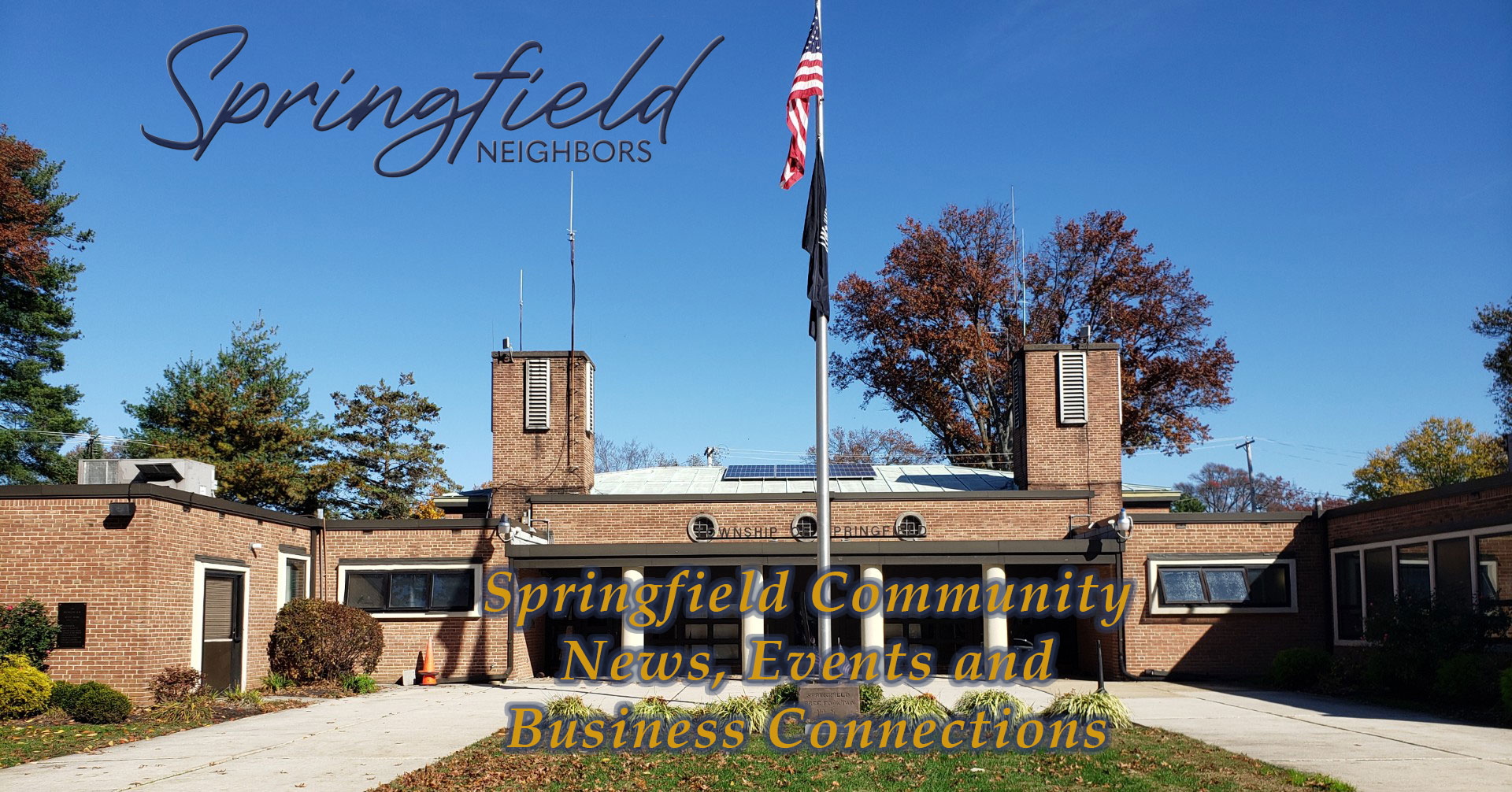By Amy Holler, Home Instead Senior Care.
For the first time in human history, there are more old than young! This is a growing trend as birth rates decline and longevity increases. Who is considered old, you might ask? Most developed countries consider 65 years of age as a reference point. This shift in population is having major global implications, including social, economic and cultural challenges. Although aging and longevity are one of humanity’s greatest feats, this unprecedented phenomenon also produces many challenges, of which the most detrimental is ageism. The World Health Organization (WHO) defines ageism “as pertaining to the stereotypes, prejudice and discrimination directed towards others or oneself based on age.”
Ageism is ingrained in our society and culture in many subtle ways. The beauty industry paints aging as a picture of fear and revulsion. Media and entertainment depict older adults in a negative, inconsequential way. Even healthcare professionals can assume ageist practices, such as talking to a family member in the exam room instead of the older adult. Myths and stereotypes surrounding aging tend to drive our thoughts and actions.
However, ageism is being studied and analyzed by many global institutions, such as the WHO, the Global Coalition on Aging and the United Nations (UN), along with many universities and hospitals. These institutions are producing important data, which, in turn, is driving policies and legislation aimed at eradicating this type of discrimination. For example, the Homecare for Seniors Act, H.R. 2898, is being lobbied on Capitol Hill here in the U.S. This Health Savings Account (HSA) Act will allow senior citizens and their families to use their own money saved in HSAs to pay for home care services.
The veil of ageism is slowly being pulled back across the globe. Leaders are striving to advance medicine and technology to help meet the challenges of longer life expectancy. Even so, changing how we think, feel and act toward the aged begins in our communities. The positive aging movement is sweeping the countryside, proselytizing the belief that productivity, growth and creativity are possible throughout a lifetime. We each have a wealth of opportunities to help people live and age better. As stated on a car bumper sticker, “Old People are Cool.”
Amy Holler – Franchise Owner of Home Instead Senior Care on MacDade Blvd in Holmes, PA. Contact the author at 267-551-4700 or by email: amy.holler@homeinstead.com.

